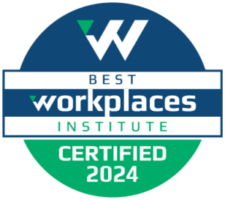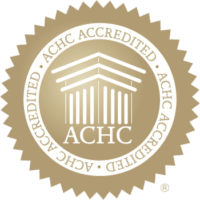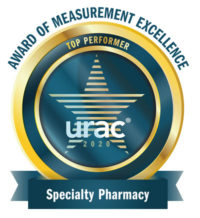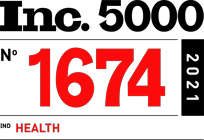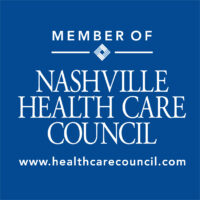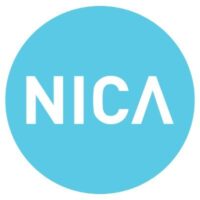By Shane Reeves PharmD, CEO, TwelveStone Health
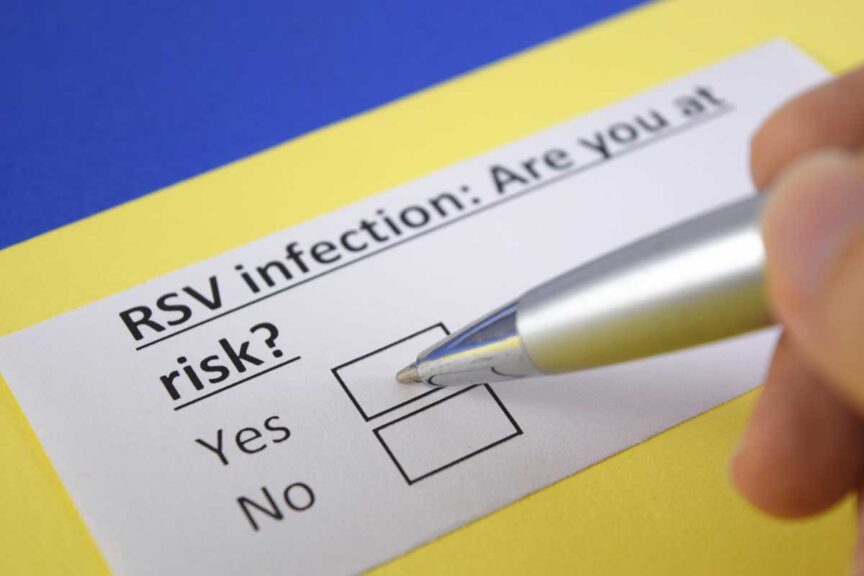
Each fall, cooler air brings RSV back into circulation. For most, it’s a mild respiratory illness that clears in a few days. For infants, even a minor infection can mean a hospital stay, and RSV is the leading cause of respiratory admissions among children in the United States. This presents a persistent strain on families and health systems.
TwelveStone Health Partners keeps prevention at the center of care. Our infusion program helps high-risk patients stay healthy through RSV season and reduces unnecessary admissions.
Understanding RSV Risk
RSV spreads through coughs, sneezes, and contact with infected hard surfaces. Healthy individuals typically recover within days. Infants, older adults, or people with heart or lung disease face a higher risk of bronchiolitis or pneumonia.
To protect newborns, the CDC advises antibody treatment for babies born between October and March. The dose should be given during the first week of life because this offers the best protection.
The Growing Impact of RSV on Health Systems
I’ve seen firsthand what an RSV surge looks like inside a hospital. Beds fill with infants who are struggling to breathe. These are preventable. When providers act early, before symptoms appear, we see a lower overall strain on emergency departments. Prevention protects both patients and the community resources that support them.
RSV Prevention Comes First
RSV prevention now includes several approaches. Vaccines protect eligible children and pregnant individuals, passing antibodies to their newborns. For infants too young for vaccination, monoclonal antibody therapy provides direct, seasonal protection.
The CDC recommends nirsevimab or clesrovimab for infants under eight months whose mothers did not receive the maternal RSV vaccine. These antibodies attach to the virus and stop infection before illness develops, with protection lasting about five months. Just the timeframe when infants are most at risk.
The Role of Infusion Therapy
At TwelveStone, preventive antibody therapy is delivered in outpatient centers, keeping care accessible and coordinated through each patient’s physician. This setting allows infants to receive treatment quickly at the start of the season, which is when research shows it has the greatest effect. Studies published in The New England Journal of Medicine found that infants treated with nirsevimab were less likely to require hospitalization for RSV. The FDA has since approved Merck’s ENFLONSIA, another long-acting antibody that protects infants through their first RSV season. Together, these options give providers reliable ways to prevent severe illness and give families greater confidence heading into winter.
TwelveStone Health Partners: A Trusted Partner in RSV Prevention
Our clinicians work directly with pediatricians and primary care teams to identify infants who qualify for prevention. We manage scheduling and follow-up so families can focus on care. Each season, our goal is the same: fewer hospitalizations and a healthier community.
Protecting Your Community This RSV Season
RSV activity is increasing, and prevention is most effective before cases surge. Parents and caregivers should ask their doctors about antibody treatment. Providers who refer early help keep patients safe and care accessible through the winter months.






